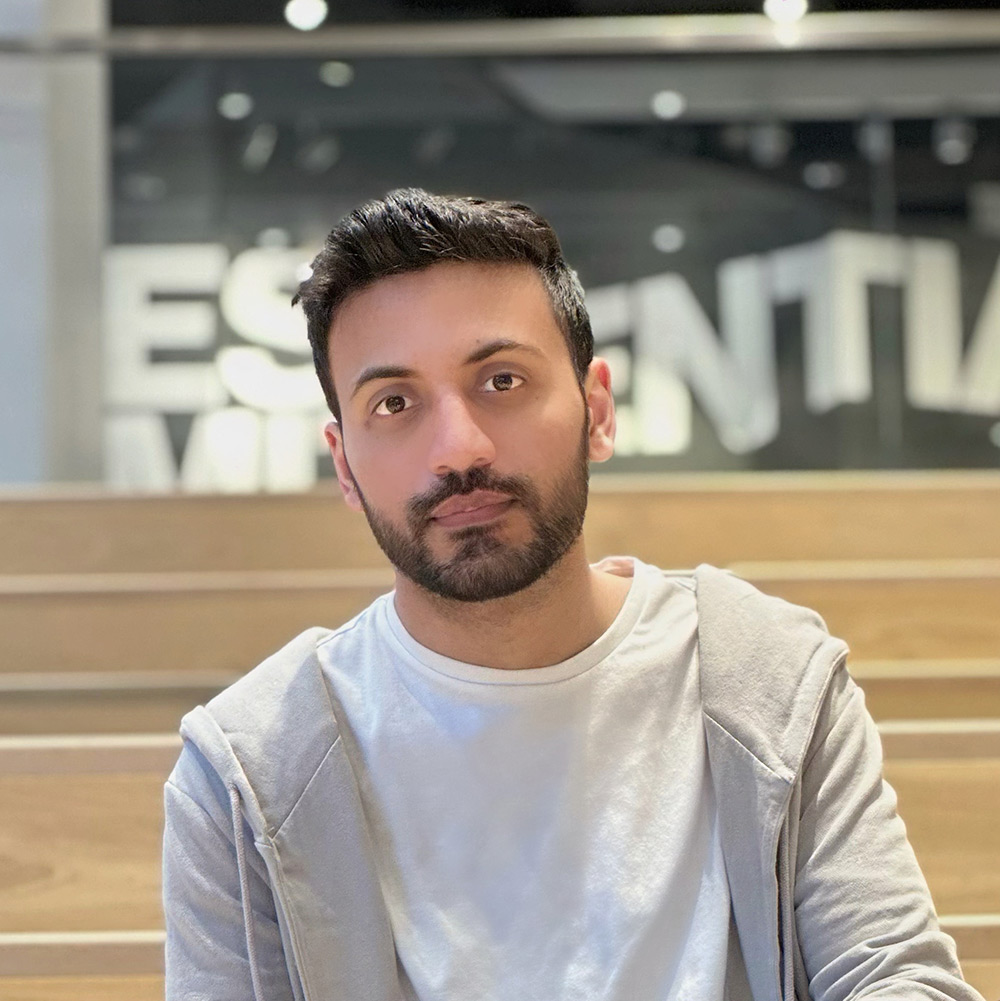The medical device manufacturing industry in the United States continually evolves to integrate healthcare innovation that addresses unmet needs. One of the professionals driving this progress is Usama Khan, a highly skilled Manufacturing Quality Engineer who met us at a Medical Design & Manufacturing (MD&M) East 2024. He shares his role in the medical device manufacturing industry, exemplifying both his expertise and the industry’s commitment to excellence. Over the past four years, he has been working on Class II and III medical devices, expanding his expertise in design verification, validation, and process improvement.
Earlier in his career, while serving as an R&D engineer, along with a team, he faced a significant challenge while working for a multi-billion-dollar medical manufacturing company, which involved solving the complexities of an FDA-mandated catheter recall. His team spent over a year addressing the issue and requalifying the product. However, that experience was a turning point as they reinforced their commitment to quality and patient safety. Usama recalled that with the collaboration of engineers, they revised a product that met the highest standards in modern industry. Currently, Usama monitors quality operations for commercial and clinical builds that meet ISO 13485 standards at Velentium Medical, Houston, Texas. Throughout his medical device manufacturing career, he participated in several FDA audits. He reinforced, “The goal is always to improve product reliability, as ultimately, these devices impact patients’ lives.”
He added that he is also part of a breakthrough research project in the medical device technology industry. One such project includes developing a Transcranial Alternating Current Stimulation (tACS) device designed for clinical research. Usama explained that this device aims to normalize irregular neurochemical levels in the brain and offer a promising non-invasive treatment for neurological disorders. Moreover, he briefed us on an ongoing project that includes a patch-shaped Home Sleep Testing (HST) device, designed to simplify the evaluation of sleep disorders.
“A patch-based HST device has the potential to simplify the diagnostic process, making it easier for individuals to get the testing they need and ultimately improving access to care for sleep disorders, which are often underdiagnosed.,” said Usama
Addressing urgent needs in the medical device industry, he highlights how his industry’s projects on non-invasive neuromodulation therapies and remote patient monitoring are facilitating patient care. He added that the integration of AI-powered diagnostics and predictive analytics are game-changers. Moreover, he is also part of a team that actively monitors emerging medical technologies and innovations to ensure they meet new FDA standards, prioritizing patient safety. Talking about the long-term vision, Usama focused on cardiovascular health, the aspiration is to contribute to the development of life-saving cardiac devices that can make a tangible difference in cardiac health outcomes.
At the end of the interview, Usama shares advice for those considering a career in medical device manufacturing: “Stay adaptable and committed to continuous learning.” He reinforced that this industry runs on a multidisciplinary approach, including engineering, regulatory knowledge, and a steadfast focus on patient care.






